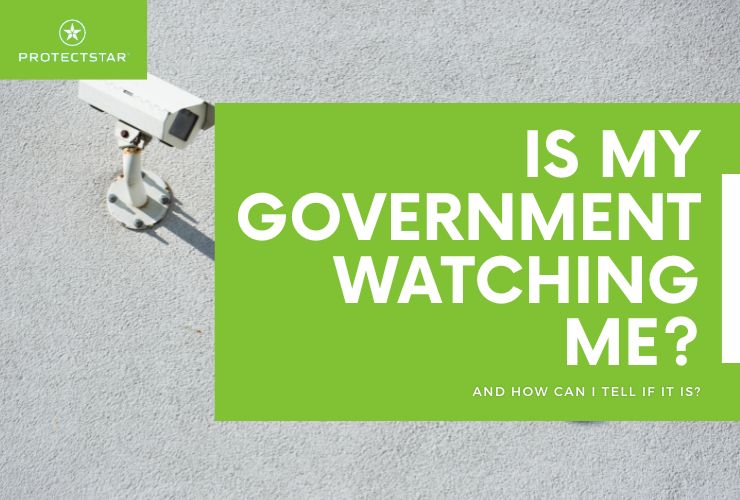Big Brother or Big Myth? Can Your Government Spy on You?

The question of government surveillance is a complex one, shrouded in a mix of legality, technological advancements, and a healthy dose of paranoia. The answer, however, is a resounding yes: governments do have the capability to spy on their citizens. But let's delve deeper into the hows, whats, and some tips to protect your privacy.
How Does the Government Spy?
Governments employ a range of sophisticated tools to gather information. Here are a few common methods:
- Mass Surveillance Programs: These programs collect and analyze vast amounts of data from various sources like emails, social media activity, and even internet browsing history. By sifting through this data, they can build profiles of individuals.
- Infiltrating Your Device: While less common for everyday citizens, governments can use spyware to infiltrate your computer, phone, or tablet. This software can monitor your activity, steal data, and even turn on your camera or microphone.
- IP and DNS Tracking: Your IP address is like your digital fingerprint, revealing your location and internet service provider. Governments can track your IP to monitor your online activity and even potentially link it back to you. They may also intercept data transfers through Domain Name System (DNS) servers, which translate website addresses into IP addresses.
What Are They Looking For?
The specific targets of government surveillance vary depending on the country and the situation. However, some common reasons include:
- National Security Threats: Governments might scrutinize individuals suspected of terrorism or other national security risks.
- Criminal Activity: Law enforcement agencies may use surveillance tools to investigate crimes and gather evidence.
- Monitoring Dissent: In some countries, governments might keep tabs on individuals or groups critical of the regime.
Signs You're Being Spied Upon:
- Unexplained data usage: A sudden surge in your data usage could indicate unusual activity on your device.
- Suspicious Apps or Files: Unfamiliar applications or files you don't remember installing could be red flags.
- Device Issues: If your device starts malfunctioning unexpectedly, it might be a sign of tampering.
- Strange Messages: Outgoing messages you don't recall sending could be a cause for concern.
Keeping Your Data Private
While complete anonymity might be a dream, there are steps you can take to enhance your privacy:
- Review App Permissions: On both Android and iOS, check which apps have access to your camera, microphone, and location. Revoke permissions for apps that don't genuinely need them.
- Regular Scans: Run anti-malware scans regularly to detect and remove any potential spyware.
- Encryption: Encrypt sensitive data on your devices to make it unreadable in case of a breach.
- Virtual Private Networks (VPNs): Consider using a VPN to mask your IP address and encrypt your internet traffic.
Can Your Phone Camera Watch You?
The short answer is yes, technically. Most phones and laptops have built-in cameras, and malicious apps could potentially access them. However, this typically requires granting the app camera permission. By following the tips mentioned earlier, like checking app permissions, you can minimize this risk.
Remember, a balance exists between security and convenience. While complete privacy might be difficult to achieve, being aware of the methods governments use and taking some basic precautions can go a long way in protecting your data.
How do you protect your data on the regular? Tell us in our soon-to-come social media channels!